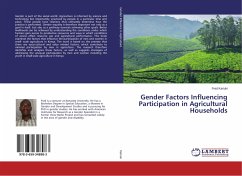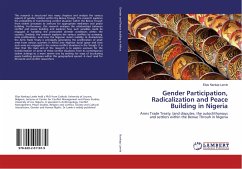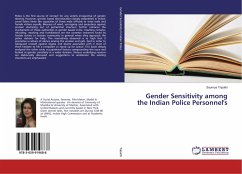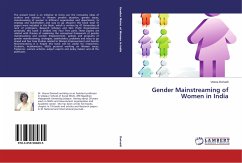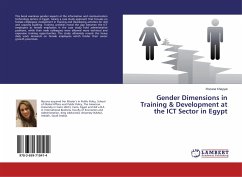Gender is part of the social world. Agriculture is informed by science and technology but importantly, practiced by people in a particular time and place. These people have relations that ultimately determine how the practice is performed. Gender equality is therefore important not only as a goal in itself, but also as a pathway towards achieving other goals. Better livelihoods can be achieved by understanding the conditions under which farmers gain access to productive resources and ways in which conditions of access affect resource use and agricultural performance. This book examines the factors that influence the participation of men and women in small- scale agriculture in Kenya. The work is based on the premise that there are socio-cultural and value related factors, which contribute to minimal participation by men in agriculture. The research therefore identifies and analyses these factors, as well as suggests strategies of addressing the unequal participation by men and women including the youth in small-scale agriculture in Kenya.

